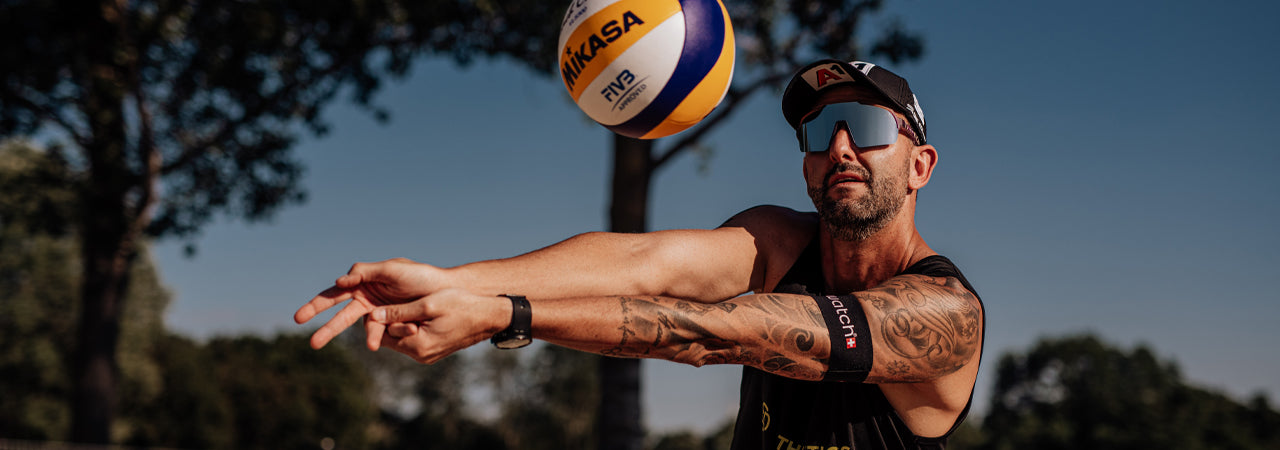J-Athlete Elisabeth Niedereder summarizes in a compact way how to successfully enter the world of running. The 26-time national middle-distance champion is extremely successful with her company Tristyle and helps runners of all abilities to achieve their goals. In the Tristyle Academy, the sports scientist trains running trainers and personal coaches. Put on your running shoes and let's go...
Tip 1: Do not start too fast
Most beginners start out very motivated, run at a very fast pace from the beginning, and then realize after a few minutes that it was perhaps a bit too intense after all. So you quickly lose the desire to run and do not like to continue. Therefore my tip: Start with walking phases and introduce slow and relaxed running phases. Example: 5 minutes walking, 1 minute running, 5 minutes walking and so on. Less is more in the beginning and if you challenge yourself too fast, it will lead to unnecessary frustration.

Tip 2: Don't save on equipment
I often see runners who go running with sneakers, soccer shoes, tennis shoes, with all kinds of shoes, but not running shoes. Why is that so important? It doesn't have to be the most expensive high-end running shoe on the market, of course, but it should at least be a well-cushioned shoe that stabilizes your foot and protects you from injury and overuse.
Tip 3: Running alone is not enough
Running is important, but the complementary training is often forgotten and neglected. Strength training & flexibility training like stretching or mobilizing is very important and protects against injuries. Most runners love to run but hate stretching or strength training even though it is very important. Most injuries happen because runners don't work enough in these areas. Strengthen your entire muscular system, paying special attention to your core muscles. Don't forget to stretch and mobilize regularly. Here you should focus especially on your legs and lower extremities.

Tip 4: Food and drink must be planned
Eating and drinking must be well thought out, otherwise there will be unpleasant consequences. Some eat and drink too little or too much before running, others eat and drink nothing at all before starting. This happens because many novice runners often go running spontaneously and without a plan. The right preparation is mostly not considered. How much and when you eat and drink before running is a very individual matter. You have to find out the right amount and the perfect timing for yourself. Following are a few general tips: Your last meal should be at least 2 hours before your run and should be non-weight bearing. I recommend a low-fat and low-fiber, in short rather easily digestible, food. For example, a slice of bread with honey, oatmeal soaked in water, or half a banana. The important thing is that you tolerate it well and are used to it. You should drink the last time about half an hour before the run, about 150 to 200 ml. So you shouldn't drink too much either, but you have to take into account that your body will need fluids. The warmer it is and the longer you run, the more fluid you will need to drink and even maybe take with you to the run. However, it is only really important to take something to drink with you on runs of 60 minutes or longer.
After the run is before the next run! You should therefore immediately do everything necessary for a good recovery. Drink enough fluids 30 to 60 minutes after your run and eat a small meal. After two hours I recommend to have a real meal.




